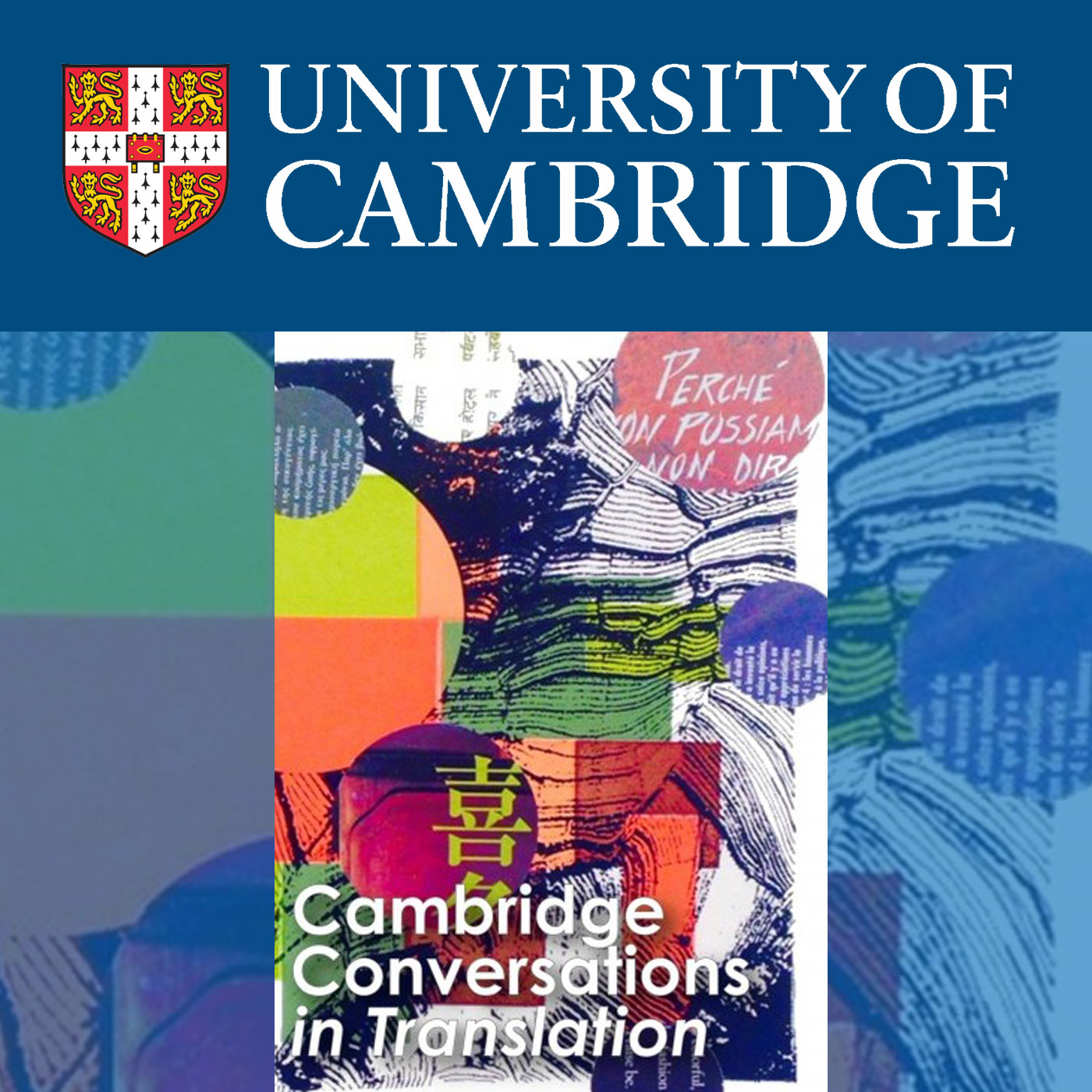Cambridge Conversations in Translation - 11 November 2015 - Translation and the Sacred Text (Panel)
Duration: 1 hour 16 mins
Share this media item:
Embed this media item:
Embed this media item:
About this item

| Description: |
Theodor Dunkelgrün (Postdoctoral Research Fellow, CRASSH, Cambridge)
Simone Kotva (Faculty of Divinity, Cambridge) Tony Street (Assistant Director of Research in Islamic Studies, Divinity, Cambridge) Moderator: Shady Hekmat Nasser (AMES, Cambridge) The beginning of Western theorising of translation is often said to arrive with St Jerome’s Letter to Pammachius, in which the translator defends his Latin rendering of the Bible. This seminal text is largely referred to in support of ‘sense-for-sense’ translation, ignoring what might well be considered the more interesting exception to the rule made by St Jerome, namely that sacred scripture, ‘where even the order of the words is God’s doing’, must be translated word-for-word. Many would argue that even this is a claim too far, that sacred texts simply cannot be translated, and that translations from the original language in which the divine message was delivered are mere approximations (A. L. Tibawi, ‘Is the Qur’an translatable?’, in The Muslim World, vol. 52, 1962, pp. 4-16). How do we square such ideas with an evangelising purpose identifiable both in the Bible and the Koran? And where does the idea of the divinely inspired translator fit into such a model? The panel discussion will bring together scholars associated with various theological, literary, and philosophical traditions, to reflect upon different aspects of the translation of sacred texts |
|---|
| Created: | 2016-05-12 08:36 |
|---|---|
| Collection: | Cambridge Conversations in Translation |
| Publisher: | University of Cambridge |
| Copyright: | Glenn Jobson |
| Language: | eng (English) |
| Distribution: |
World
|
| Keywords: | Theodor Dunkelgrün; Simone Kotva; Tony Street; Conversation and Translations; CRASSH; |
| Explicit content: | No |
| Abstract: | Theodor Dunkelgrün (Postdoctoral Research Fellow, CRASSH, Cambridge)
Simone Kotva (Faculty of Divinity, Cambridge) Tony Street (Assistant Director of Research in Islamic Studies, Divinity, Cambridge) Moderator: Shady Hekmat Nasser (AMES, Cambridge) The beginning of Western theorising of translation is often said to arrive with St Jerome’s Letter to Pammachius, in which the translator defends his Latin rendering of the Bible. This seminal text is largely referred to in support of ‘sense-for-sense’ translation, ignoring what might well be considered the more interesting exception to the rule made by St Jerome, namely that sacred scripture, ‘where even the order of the words is God’s doing’, must be translated word-for-word. Many would argue that even this is a claim too far, that sacred texts simply cannot be translated, and that translations from the original language in which the divine message was delivered are mere approximations (A. L. Tibawi, ‘Is the Qur’an translatable?’, in The Muslim World, vol. 52, 1962, pp. 4-16). How do we square such ideas with an evangelising purpose identifiable both in the Bible and the Koran? And where does the idea of the divinely inspired translator fit into such a model? The panel discussion will bring together scholars associated with various theological, literary, and philosophical traditions, to reflect upon different aspects of the translation of sacred texts |
|---|---|

